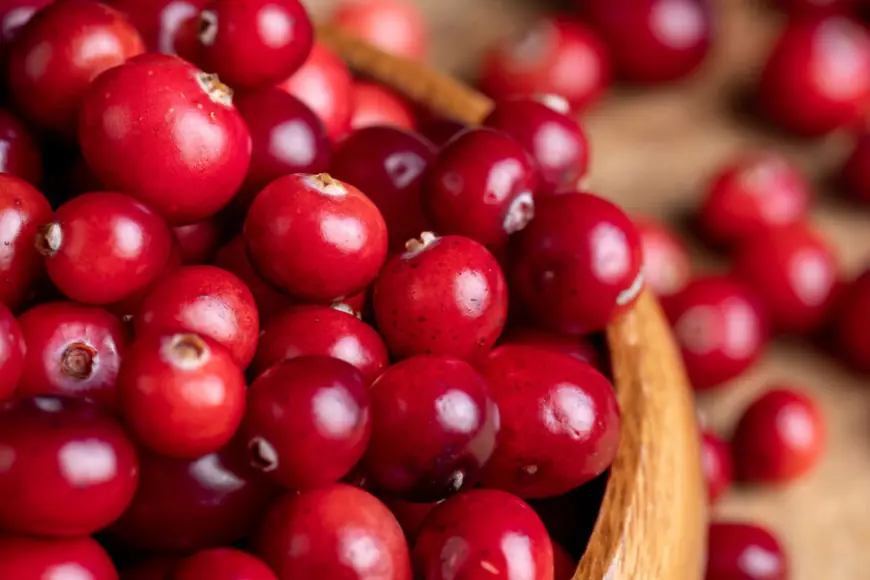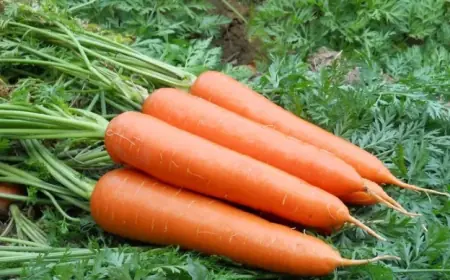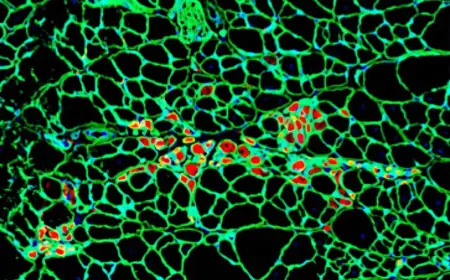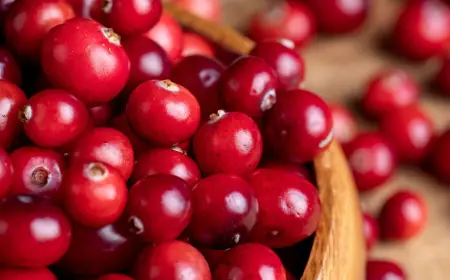Scientists discovered how bitter foods improve brain function

CRFS: The astringent taste of cocoa and berries stimulates brain activity
Researchers from the Shibaura Institute of Technology in Japan found that flavanols — compounds found in cocoa, red wine, and berries — can activate the brain through taste receptors, improving memory, attention, and learning ability. The study results were published in Current Research in Food Science (CRFS).
It has long been known that flavanols protect neurons and enhance cognitive functions, but their bioavailability — the amount that enters the bloodstream — is very low. To explain how these compounds affect the brain, Japanese scientists tested the hypothesis that their bitter and astringent taste itself might stimulate the central nervous system.
In experiments with mice, flavanols were administered orally in doses of 25 and 50 mg per kilogram of body weight. The control group received distilled water. Behavioral tests showed that mice given flavanols were more active, navigated better, and learned faster.
Biochemical analysis revealed increased levels of dopamine, noradrenaline, and their precursors in brain regions responsible for motivation, attention, and stress response. Enzyme activity involved in neurotransmitter synthesis and transport also increased, along with higher catecholamine levels in urine.
Scientists also observed activation of the paraventricular nucleus of the hypothalamus, an area that regulates stress and the sympathetic nervous system. According to lead researcher Dr. Yasuyuki Fuji, flavanol intake triggers a response similar to that caused by moderate physical exercise.
Thus, even with low absorption, these compounds can initiate physiological processes that improve cognitive function and overall well-being.



























